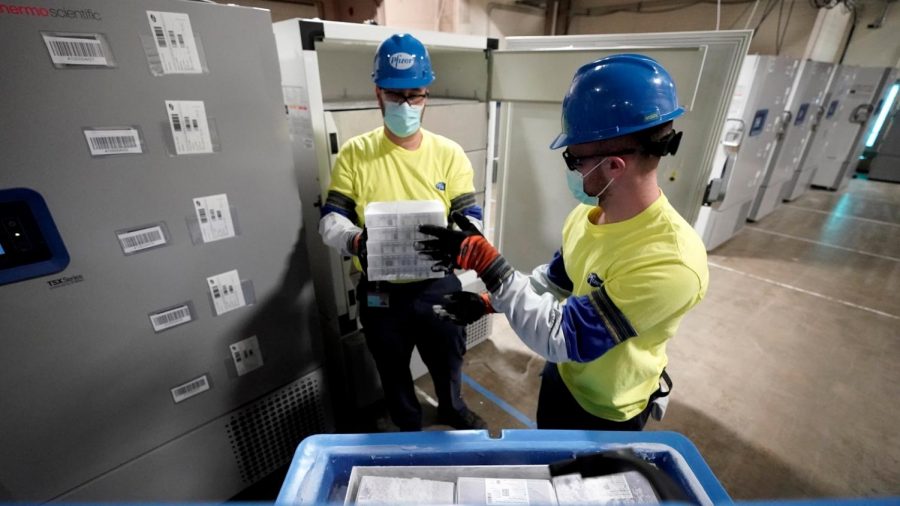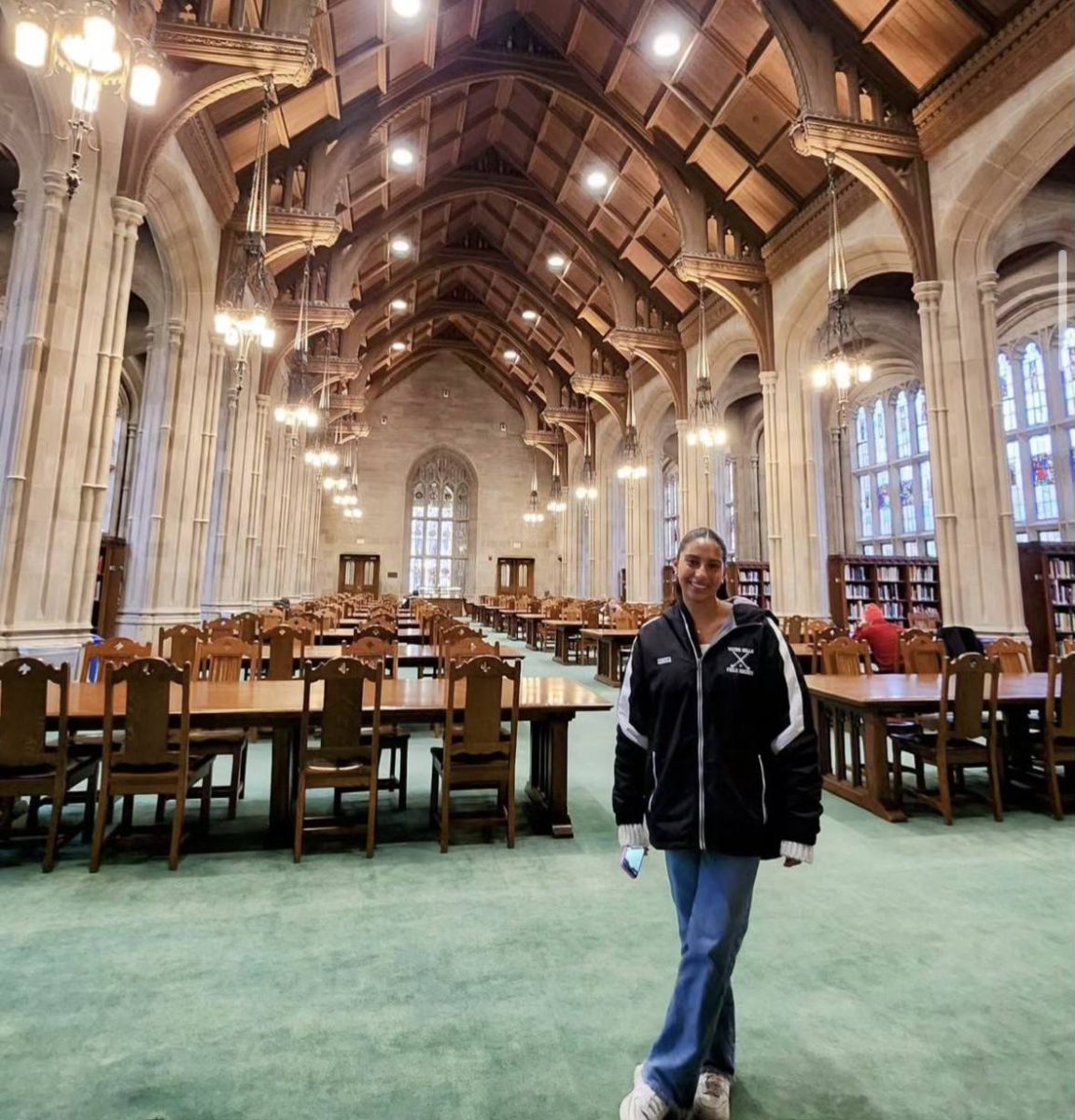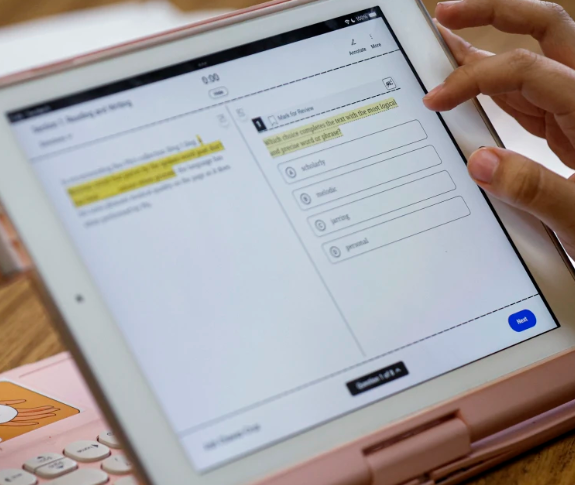FDA Emergency Authorization of Pfizer’s Vaccine
December 14, 2020
With almost 300,000 deaths and nearly 16 million cases, America is desperate for a vaccine or some glimmer of hope. Fortunately, Pfizer and its partner BioNTech created a COVID-19 vaccine, and the FDA has issued an emergency authorization of it for the upcoming weeks. It was proven through thousands of trials that the vaccine curated was 95% effective in reducing the symptoms of COVID-19.
Vaccines inject a “mimic” virus into the body’s immune system and the body is essentially “trained” to fight the disease. This is the reason why after the injection, many people feel the side effects of an actual virus such as a fever. Furthermore, in the case that the body does contract the virus, the body is already equipped with all the information and “training” to fight the virus.
Disclaimer: this vaccine is not the solution to the pandemic and the FDA did not officially approve it. Peter Marks, director of the FDA’s Center for Biologics Evaluation and Research, said “While not an FDA approval, today’s emergency use authorization of the Pfizer-BioNTech COVID-19 Vaccine holds the promise to alter the course of this pandemic in the United States.” Due to the fact that it is a significant health emergency, the FDA did not go through the regular processes of fully approving Pfizer’s vaccination. In normal circumstances, a myriad of trials and tests would have been conducted before releasing it to the public. On average, previous vaccines took 10-15 years to develop. However, in this case, the FDA was comfortable with releasing an emergency authorization of it because of the lack of adverse reactions and no serious safety concerns were raised. They stated that they will continue to closely monitor data and public reaction to the vaccine and will still continue trial runs.
Because of the rapid authorization and limited testing of the vaccination, there are limitations to the vaccine. For example, trials have not been done with pregnant women, so the effects are unknown. Testing also has not been done in children and, therefore, anyone below the age of 16 is not able to be vaccinated. It is also is unclear if the Pfizer vaccine will be able to prevent further transmission of the disease. For example, it is may be possible for a person to be vaccinated but also have the capability of transmitting the virus. This would mean those who have been vaccinated would still need to keep social distancing rules and should continue to wear masks.
Regarding who will take the vaccination, healthcare workers, essential workers, and those most susceptible to the virus – such as the elderly or those in critical condition – will be first priority. These initial vaccinations will most likely happen in the remaining month of December as Pfizer and Moderna estimate that it will have 20 million vaccinations ready to distribute. Considering there is an estimated 200 million of people who are high risk, those who are not regarded first priority should expect to be vaccinated starting April 2021.
Eunho Jung, a junior at Hills, expresses her opinion about the vaccine: “I think this new vaccine is so exciting. I understand there may be ambivalent feelings about this vaccine, but I am a firm believer in science. I don’t think the coronavirus will be eradicated completely but it will definitely help prevent any further cases.”

















